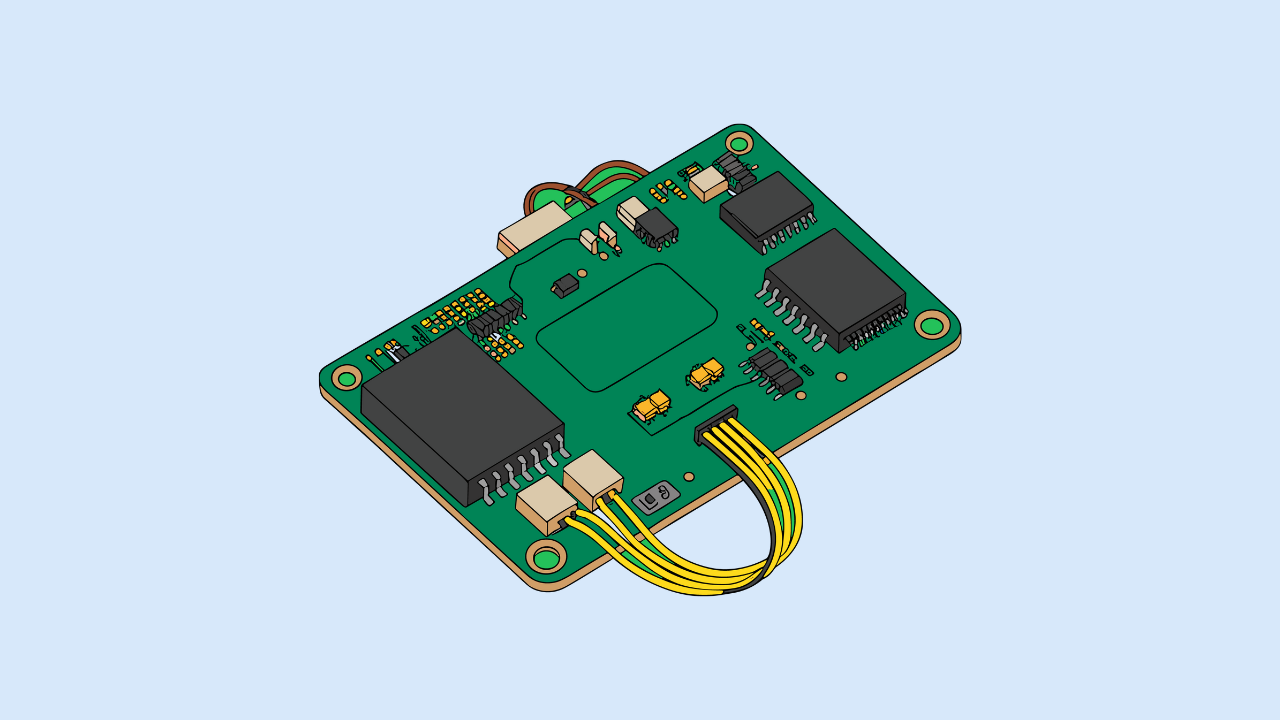Memo: Chip Wars

Hi ZipLawyer! Here’s the news you need to know today.
💸 OpenAI’s big chip deal
⚽️ FIFA ticket gambles
⚖️ £5B Bitcoin case
🙋 What is a Bubble?
Chip Wars 2.0

OpenAI just struck a tens-of-billions-dollar deal with AMD to build its next wave of AI infrastructure — a move that sent AMD’s shares soaring nearly 40% and signalled its boldest challenge yet to Nvidia’s chip dominance.
What does this mean?
This is AMD’s moonshot moment. The deal will see OpenAI deploy 6 gigawatts’ worth of AMD GPUs over several years — roughly half the size of its recent pact with Nvidia — and could generate tens of billions in revenue for AMD. In return, OpenAI can buy up to 160 million AMD shares at a penny each if the project hits milestones, effectively giving it up to a 10% stake.
This partnership is about reducing dependence on Nvidia, whose hardware powers almost every major AI model today. But it’s also a huge bet: AMD is tying its future to an AI market some believe is heading for a bubble. If the boom holds, AMD could transform from Nvidia’s scrappy rival into a central player in the global AI arms race — but if it bursts, this deal could look like a trillion-dollar overreach.
How does this impact Law Firms?
🤖 Technology and Commercial Law: This blockbuster partnership between AMD and OpenAI will trigger a wave of complex technology and commercial contracts. Lawyers will need to draft and negotiate long-term supply, licensing, and infrastructure agreements governing the production, delivery, and maintenance of GPUs. These contracts will cover everything from intellectual property rights and exclusivity terms to service-level agreements for data centre uptime. For example, lawyers advising AMD may draft detailed AI infrastructure supply agreements that set out performance obligations, delivery schedules, and liability caps tied to production delays or chip performance failures.
📈 Corporate and Securities Law: With OpenAI gaining the right to acquire up to 160 million AMD shares, this deal brings major corporate and regulatory implications. Lawyers will advise on share option structures, disclosure obligations, and potential insider trading risks arising from milestone-based equity awards. They will also assist with filings under securities regulations in both the US and Europe. For instance, corporate lawyers may help AMD prepare disclosures to satisfy market transparency rules, ensuring that investor communications about OpenAI’s potential 10% stake meet regulatory requirements and avoid allegations of misleading the market.
News Roundup
🏦 The European Central Bank looks set to pause rate cuts for the rest of 2025, defying the Fed’s easing trend. Officials say inflation is close to the 2% target and see no rush to move. Meanwhile, the EU is quietly lending surplus cash into repo markets to ease debt pressures.
🎟️ Switzerland’s gambling regulator is probing FIFA’s World Cup tokens, which let fans trade for match tickets. The question: are these digital rewards or gambling products? If ruled gambling, FIFA could face restrictions ahead of 2026.
⛽ Denmark will tighten checks on oil tankers in its waters to curb Russia’s shadow fleet, which moves sanctioned crude on aging ships. With global oil in transit at a record 1.2bn barrels, regulators worry about both sanctions evasion and environmental risks.
Crypto Clash

British police have seized £5.5 billion worth of bitcoin from a convicted Chinese fraudster — and now the U.K. and defrauded investors are locked in a legal battle over who gets the money.
What does this mean?
It’s one of the biggest hauls of dirty money in British history, but deciding what happens next is far from straightforward. The government wants to seize and cash out the bitcoin — reportedly eyeing it to plug gaps in public finances — while victims in China argue the assets belong to them.
Under the Proceeds of Crime Act 2002, foreign victims can claim property traced to their losses, but proving ownership across borders, crypto wallets, and years of laundering will be complex. Even if victims win, they’ll likely be paid in sterling, not bitcoin — letting the Treasury pocket the crypto’s massive appreciation.
How does this impact Law Firms?
💸 Financial Crime and Asset Recovery: This case is a goldmine (or more aptly, a Bitcoin mine) for financial crime lawyers. The government’s attempt to seize and cash out £5.5 billion in crypto under the Proceeds of Crime Act 2002 will trigger extensive asset recovery work. Lawyers will need to trace the source of funds through complex blockchain transactions, prepare evidence for forfeiture proceedings, and coordinate with international enforcement agencies. With victims in China asserting ownership, lawyers must also navigate cross-border cooperation treaties and mutual legal assistance frameworks.
⚖️ Dispute Resolution: The High Court proceedings between the U.K. government and Chinese victims will create extensive work for disputes lawyers specialising in cross-border fraud and enforcement. They’ll need to coordinate expert evidence on Chinese law, manage jurisdictional arguments, and liaise with PRC counsel on recognition of judgments. Enforcement strategy will also be crucial — even if victims win, enforcing a U.K. judgment in China may prove difficult. Lawyers might act for the victims’ consortium to obtain a Worldwide Freezing Order (WFO) against the crypto assets, ensuring they aren’t dissipated during proceedings, and coordinate with Chinese authorities to seek recognition and enforcement of that order abroad.
Term of the Day: AI Bubble 🫧
An AI bubble is when excitement (and money) around artificial intelligence outpaces reality — investors, companies, and even governments pile in, convinced it’s the next gold rush. Think of it like blowing up a balloon with hype: it looks impressive, but one wrong move and pop — valuations crash back to earth.
👀 Real-world example: AI-bubble fears are back. The boom has drawn comparisons to the dot-com crash of the 1990s, as tech firms spend trillions shifting work from humans to machines. Venture capital and debt financing are pouring in, and now Wall Street is experimenting with creative funding deals that look riskier by the week. The worry: too much hype, too little profit. If history repeats, the AI dream could spark the next spectacular financial hangover.
🙋 Did you find this helpful? If so, please let us know by voting below!






